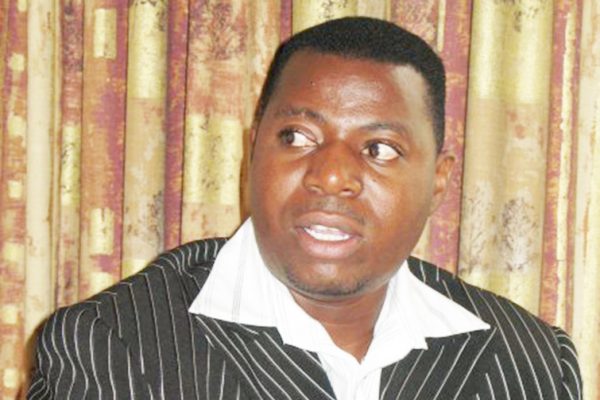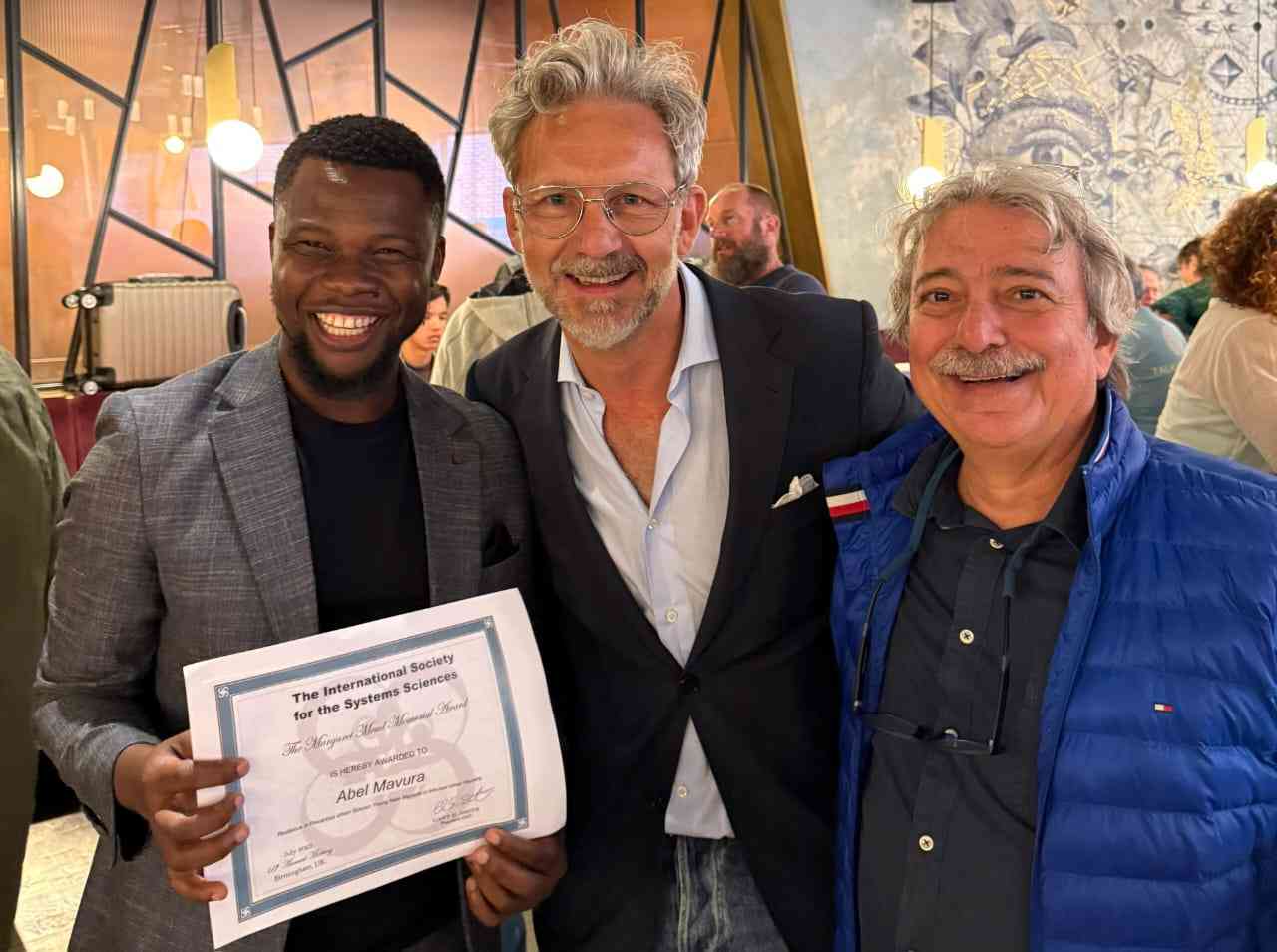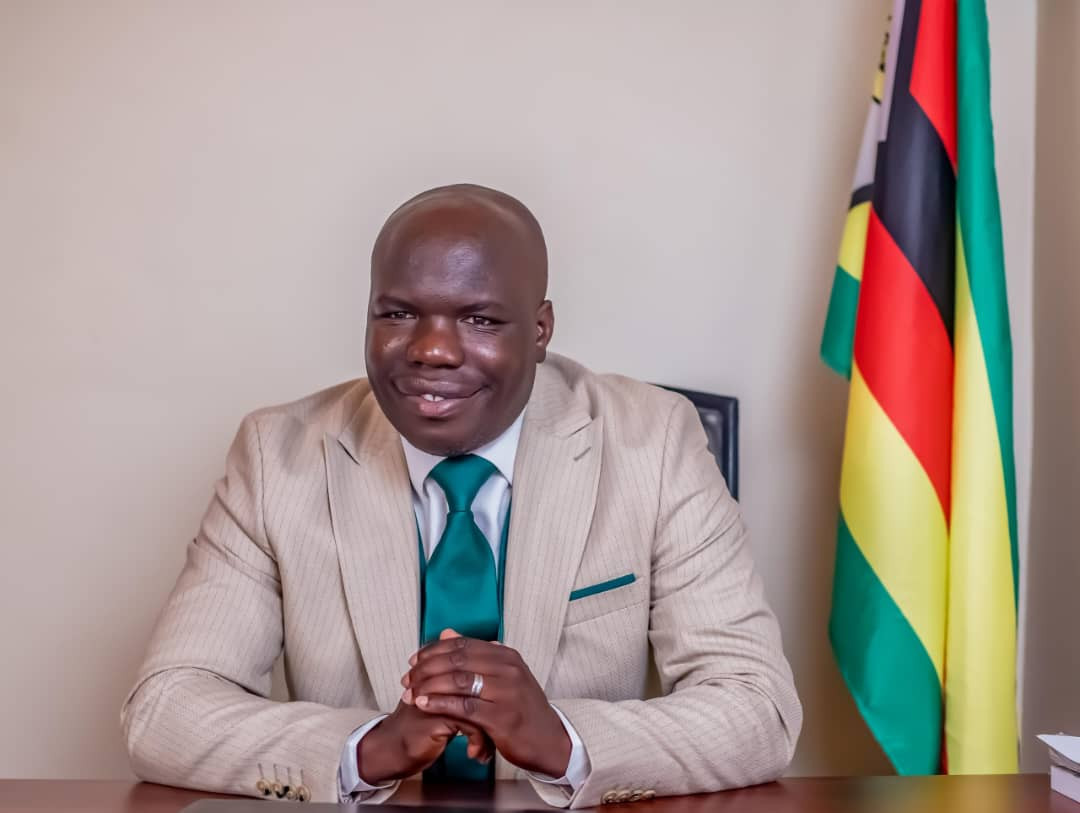
In the groove with Fred Zindi
The 1987 song Should I Say Yes, Should I Say No by Nu Shooz is a fine example of the confusion which we, as human beings, sometimes go through when we are faced with challenging situations that we are unable to make instant decisions on.
There are situations in life where one is caught between a rock and a hard place. When such situations arise, one is forced to choose one of two alternatives.
Three Zimbabwean musicians were caught on the horns of a dilemma during their careers. These are Tongai “Dhewa” Moyo (sometimes referred to as Igwe), John Chibadura ( crowned by his fans as Mr Chitungwiza) and Thomas Mapfumo (also known as Mukanya).
Tongai Moyo
In 2003, Moyo received the sad news of his father’s death on the same day he was supposed to go to the United Kingdom to give performances. He and his band, Utakataka Express, were at the airport when the news of his father’s death came like a bolt from the blue. He did not know what to do as they were about to board the plane. He gathered the excited members of his group to discuss this issue. There was a big possibility that their first trip to the UK as Utakataka Express might not take place. Their spirits were dampened. This was going to be the first time some of them were going to be on an aeroplane and were now looking at the possibility of cancelling the tour. They had a very intense meeting at the airport and eventually they managed to convince Dhewa to go ahead with the tour. On being asked why he went ahead with the tour, this is what Moyo had to say: “I need to work for the money that the UK promoter gave me which all went towards my father’s medication. If I don’t go to the UK where everybody is expecting me and my band, I would have broken my contract and I also risk being sued with the possibility of getting no future jobs from the same promoter.”
One could see that indeed he was forced to choose a position that left him with equally unwelcome possibilities. How was he going to give his best performance to the UK audiences when he was in grief? What did relatives and the people left behind in Kwekwe think about his absence when he was supposed to make the funeral arrangements? A lot of debate also went into the public media about what decision he ought to have taken in such a situation. Public opinion on whether he did the right thing or not remained divided.
Thomas Mapfumo
- Chamisa under fire over US$120K donation
- Mavhunga puts DeMbare into Chibuku quarterfinals
- Pension funds bet on Cabora Bassa oilfields
- Councils defy govt fire tender directive
Keep Reading
In early 2000 Mapfumo went into exile. He settled in Eugiene, Oregon, in the United States. Although he briefly came back to Zimbabwe in 2001 and 2004, he decided to stay in the United States as he feared for his life because of the politically-charged messages in his songs such as Mamvemve, Disaster and Mareva Nhando.
Mukanya stated that his failure to come back home was strictly political. The general sentiment had been that Mapfumo would not come back to the country. Some suggested that he faced arrest for allegedly buying stolen luxury vehicles.
He eventually came back in 2018 when a new regime was in place and Robert Mugabe was no longer president. He said that the former president was behind his persecution. So he chose not to return to Zimbabwe under Mugabe’s rule.
However, eyebrows were raised when Mapfumo’s mother, Janet, passed away in 2008 and Mapfumo failed to pitch up for the funeral, burial or memorial service. He also failed to attend the funerals of his other close relatives that passed on during the period in question. With his burning desire of wanting to be back in Zimbabwe, he was indeed in a dilemma. The then Policy Implementation minister, Webster Shamu, said the United States-based Chimurenga icon was a Zimbabwean and had no case to answer with the authorities. Mapfumo had his doubts and chose to stay put until the arrival of the new dispensation.
Mapfumo then paid a quiet visit to his mother’s graveside when he returned to Zimbabwe in 2018. He also paid another visit to his in-laws in Mzilikazi suburb in Bulawayo to express his condolences following the death of his mother-in-law who had also died a month before his arrival.
John Chibadura
Another musician, also caught on the horns of a dilemma when confronted by death in the family, was John Chibadura.
Chibadura and his band, Tembo Brothers, had managed to gain recognition internationally. Naturally, they were invited to tour overseas and as a result, the band toured the Netherlands and United Kingdom in 1988. They performed at the National Dutch Independence Day celebrations in Amsterdam on July 26, 1988 and at the Melkweg the next day. After Holland, the band was invited to be guests on Andy Kershaw’s Radio 1 show in London where they also had several gigs lined up. They opened up for Tina Turner at the Big World Café, which was a music show on British television and was broadcast on Channel 4. The show was presented by Mariella Frostrup, Eagle Eye Cherry and Jazzie B of Soul 11 Soul.
During the tour, Chibadura was in touch with his wife and with Tymon Mabaleka, his Zimbabwe Music Corporation (ZMC) mentor in Zimbabwe, on a daily basis in order to keep abreast with events back home. After their gig at Band On The Wall in Manchester, Walla (Walton Dangarembizi — a London-based music promoter) — gathered all band members to the back of the stage in order to break the news he had just received. He then told the band that Chibadura’s father had passed away. Chibadura broke down and immediately phoned his wife and Mabaleka to confirm the news. Since I was part of that entourage, we brainstormed about the way forward. We were still in the middle of the UK tour and had six more gigs lined up. I suggested that the money we had been paid at the Band On The Wall gig should go towards purchasing a ticket to fly Chibadura to Zimbabwe so that he could bury his father. There was a split decision regarding what to do on this rather unexpected matter. The band, which was made up of Charles Bata Sintirawo, Innocent Makoni, Ronnie and Douglas Chitava, eventually agreed to the arrangement I had suggested. So we decided to buy John a ticket the next day and flew him to Harare. Before leaving for Zimbabwe, Chibadura warned everybody: “I don’t want to hear that you remained performing in my absence. Postpone all the shows until I am back.” The band reluctantly agreed and John was back within a week. Only one show had been postponed. This one week without performances gave the rest of the Tembo Brothers time to take a closer look at London’s streets and shops. Then the tour resumed with a more energised Chibadura on his return. The band performed their last gig in Ireland at The Travellers Rest as part of the celebration of the Senses Festival.
For the three musicians mentioned above, it can be seen that they all went through a lot of soul-searching to reach the decisions they arrived at. The public often finds it easy to criticise some of these decisions, but you wait until you are confronted with similar challenges. That is when you will realize that you need friends to help you make such decisions.
Dilemmas are always difficult to deal with. When one has to make a decision on a genuinely challenging situation, the right course of action is hard to come by as one requirement overrides the other. Our uncertainty about what to do is simply the result of uncertainty about the consequences. For now, we remain locked between the horns of a dilemma.
On a different note, let me take this opportunity to pay my condolences to the Chifunyise family. It was with a heavy heart that I received the sad news of the death of Stephen Chifunyise. He made distinct and passionate contributions to the arts. Our loss is immeasurable. The ideals he cherished will remain with us forever. May his dear soul rest in eternal peace.
*Feedback: [email protected]











